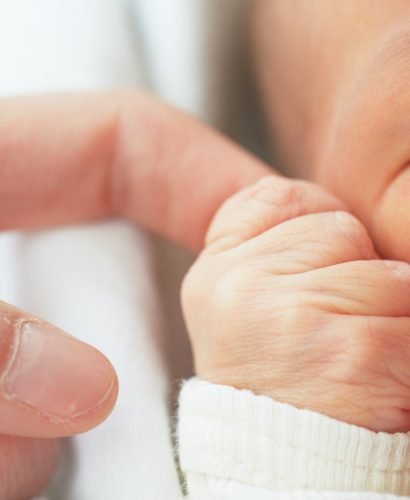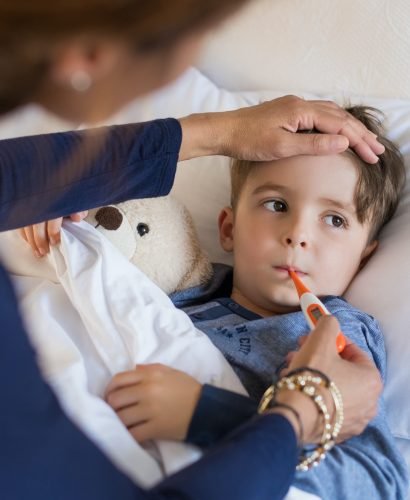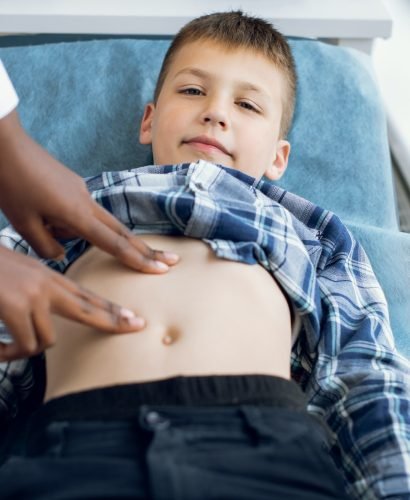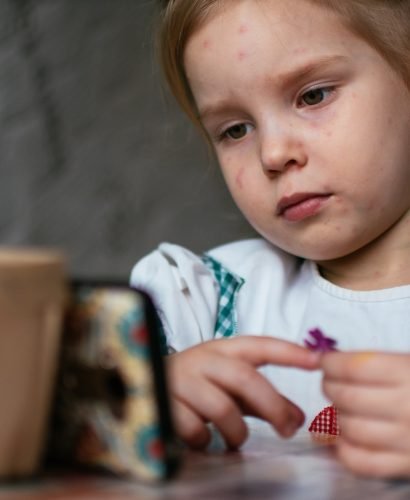General
What we offer
in general category
Cuts, bruises, fever, or a bad stomach is a common for every child. However, we make sure to pay heed and treat it accordingly. Every child needs care in his or her own way. Therefore, we offer each child the opportunity to heal in a caring compassionate and friendly environment.


General
Regular Issues
Wound Care
A child is always prone to wounds and cuts during the developing years. Nursing the wounds with appropriate medical care is what counts.
Constipation
Constipation in infants or children isn’t common. It is important to keep track of their bowel movements and monitor changes, if any.
Febrile Seizures
Febrile Seizure is a convulsion induced by fever. It is not life-threatening and do not have lasting consequences.
Gastroenteritis
The most common causes of gastroenteritis in children are viruses, bacteria (food poisoning), and intestinal parasites.
Adolescent Medicine Service
Adolescent medicine is an important sub-specialty due to better scientific understanding of people's health needs.
Fever
Fever
What is Fever?
When someone’s body temperature exceeds 37.5°C (taken by mouth) when resting, the person has a fever. A person with an axiliary (armpit) temperature above 37.3°C and aural (ear) temperature above 37.8°C is also considered to be having a fever.
A fever is a symptom, not a disease. Like all symptoms (for example, cough or vomiting), a fever may be due to illnesses that are minor or serious. Fortunately, most fevers in children are due to infections that are minor and self limiting.
Expected Course:
Most fevers which are associated with illnesses range between 38.3°C to 40°C and last for three to five days. In general, the intensity of the fever does not relate to the seriousness of the illness. How sick your child acts is what counts. Fever does not cause brain damage. Fever may cause harm if it is more than 41°C. Fortunately, the brains thermostat keeps untreated fevers below this level.
Your child must see a doctor if he/she is less than three months of age and has fever.
Causes of fever differ based on whether the fever is acute (≤ 14 days ), acute recurrent or periodic (episodic fever separated by afebrile periods), or chronic (> 14 days), which is more commonly referred to as Fever of unknown origin (FUO). Most acute fevers in infants and young children are caused by infection.




Wound Care
Wound Care
The sterile dressing is placed in the operating room which is generally left intact for 24 to 48 hours unless signs of infection (eg, increasing pain, erythema, drainage) develops. After the operative dressing is removed, the site should be checked twice daily for signs of infection. We make sure that the follow-up is done accordingly.
Constipation
Constipation
What is Constipation?
Constipation is an abnormal pattern of bowel movements where stools are passed less frequently than usual or are harder than usual. Everyone has a different bowel pattern. For example, some children have bowel movements once every two to four days. It is not uncommon for breast-fed babies to have large, soft bowel movements without pain up to seven days apart. Others may have bowel movements two to four times daily. However, a child is constipated whenever his/her pattern slows down noticeably. Sometimes constipation can cause repeated episodes of tummy pain.
What causes constipation?
In most children, a diet lacking in fibre or irregular toilet habit may cause constipation. Once constipation begins, it tends to continue. Some of the factors that may contribute to the onset of constipation are:
- Lack of fibre-rich foods (e.g. cereals, vegetables, fruits), inadequate fluid intake and an excess of sweet junk food in the diet.
- Poor bowel habits, problems with toilet training, or unwillingness to spend time on the toilet.
- Small tears at the bowel opening (anus).
- Consumption of some medications such as iron supplements.
- Illness (e.g. vomiting, fever) in which a lot of fluids have been lost.
Infant constipation isn’t common. However, your baby might have infant constipation if he or she has hard or pellet-like bowel movements, bowel movements that appear difficult to pass, causing your baby to arch his or her back or cry, infrequent or less frequent bowel movements.




Febrile Seizures
Febrile Seizures
What are Febrile Seizures?
Febrile seizures are convulsions triggered by high fever. They are the most common type of convulsions (occurring in 3-5% of children) and are generally harmless. The children who have febrile seizures are usually between six months and six years of age. It usually occurs when a fever reaches a high temperature of about 40°C, but can occur at any temperature especially when there is a sudden rise in temperature. The fever itself can be caused by an infection in any part of the body. Each febrile seizure usually lasts 1 to 10 minutes without any treatment.
Most of these children (60%) have just one febrile seizure in a lifetime. The other 40% have one to three recurrences over the next few years. Febrile seizures usually stop occurring by five or six years of age. They do not cause any brain damage, except in exceptional cases where the seizure is unusually prolonged for more than half an hour. However, a few children (3%) will later have seizures without fever.
Febrile seizures most often occur within 24 hours of the onset of a fever and can be the first sign that a child is ill. Fortunately, febrile seizures are usually harmless, only last a few minutes, and typically don’t indicate a serious health problem. Call our clinic to have your child evaluated as soon as possible after a febrile seizure.
Gastroenteritis
Gastroenteritis
The most common way to develop viral gastroenteritis, often called stomach flu, is by ingesting contaminated food or water. Watch for signs of dehydration in sick infants and children by comparing how much they drink and urinate with how much is normal for them. Remember that while spitting up may be an everyday occurrence for your baby, vomiting is not.




Hand, Foot and Mouth Disease
HFMD
Hand foot mouth disease, also known as impetigo, is a highly contagious disease that affects infants and children mostly. Impetigo is reddish sores, often around the nose and mouth.Treatment with antibiotics can limit the spread of impetigo to others. Keep children home from school or day care until they’re no longer contagious – usually 24 hours after beginning antibiotic treatment.
Adolescent Medicine Service
Adolescent Medicine Service
Adolescent medicine service is mostly required to have extra training in the medical and emotional issues that many teens face. Consulting your pediatrician for recommendations on adolescent medicine specialists is a great way to start to transition from childhood to adulthood, where your child manages his or her own health and well-being.


